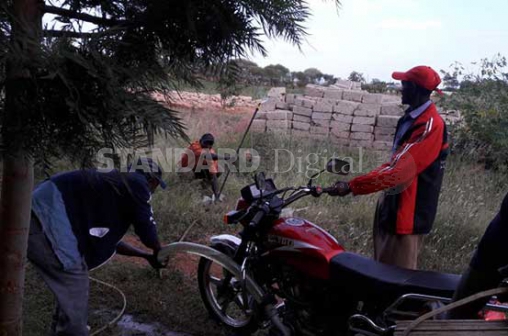×
The Standard e-Paper
Home To Bold Columnists

For most small-holder farmers in sub-Saharan Africa, irrigating crops is a challenge due to lack of simple, affordable, reliable and efficient irrigation technologies.
UN’s Food and Agricultural Organisation, in a report, backs this saying the major bottleneck to increased irrigated food production in sub-Saharan Africa is lack of cost-effective productive technologies.